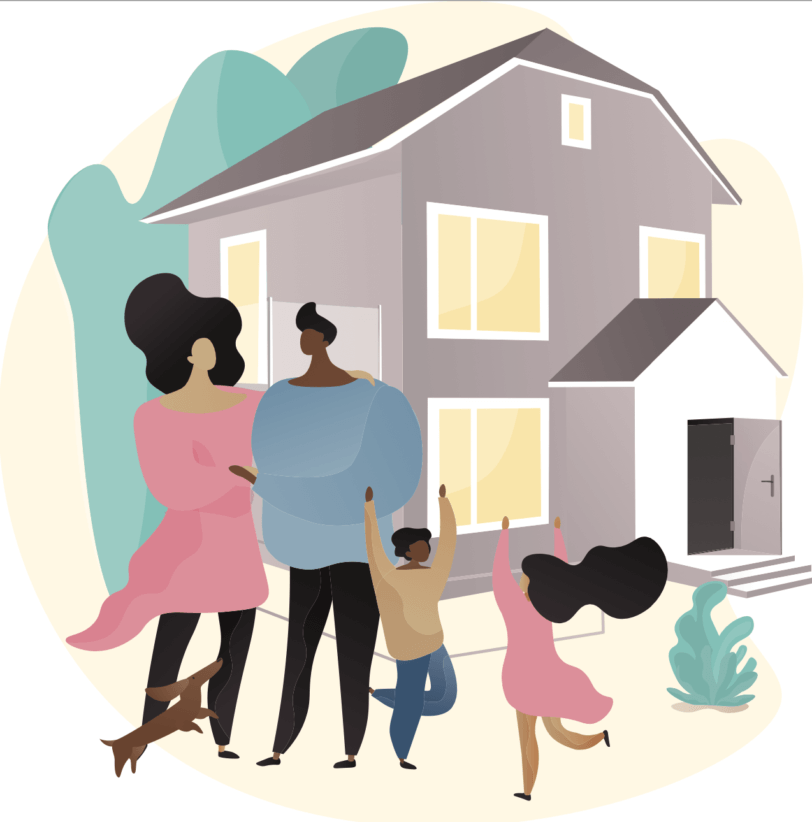My husband and I together have a combined $200,000 in student loans, between undergraduate and graduate school. If one of us dies, what is the obligation of the estate to pay the loans?
Today’s students are graduating college and graduate programs with an unprecedented amount of student loan debt — $1.2 trillion as of 2016. Of law students, 88.6 percent take out loans to pay for law school, with $80,000 in cumulative graduate debt. Although credit card, mortgage, and other non-revolving debt are contracting, the federal government will lend out $1.4 trillion dollars by 2023 — mostly student loans — even though gross domestic product growth will not match it.
There are 37 million student-loan borrowers with outstanding loans today. Seven million borrowers are in default, translating into about 17 percent of all borrowers being severely delinquent. Approximately $85 billion is past due.
Only 37 percent of borrowers made timely payments without deferment or becoming delinquent between 2004 and 2009. Two out of five borrowers (41 percent) are delinquent at some point in the first five years of repayment.
The crushing amount of student loan debt raises several questions, including whether and when these debts are generally forgiven, and what happens to them when a borrower dies.
Federal student loans
If a borrower on a federal student loan dies, the loan is automatically canceled and the debt is discharged by the government. Recipients of private student loans do not enjoy the same debt forgiveness on death.
For private student loans, forgiveness on debt depends on the terms of the individual loan and the lender’s policies. Some private lenders might offer death insurance, whereby the debt is discharged on death. For lenders such as Sallie Mae (Sallie Mae’s Smart Option Student Loan, New York Higher Education Services Corporation’s NYHELPs loans, and WellsFargo private student loans), these programs offer death and disability forgiveness policies. This is not standard for private lenders.
Even when a student loan is forgiven, the debtor is not completely off the hook. There are tax implications to debt forgiveness, which is treated as income. Even where the debt is forgiven due to disability or death, the tax authorities will impose a tax on the amount of the forgiven debt. In other words, the estate could owe as much as 35 percent on the full unpaid amount of the loan.
Can a spouse be liable for the debt?
A spouse does not have repayment liability on a federally backed education loan.
If a spouse is not on the student loan as a co-signer or joint borrower, the surviving spouse is not legally liable for the debt (if the decedent and spouse lived in a community property state like California or Texas, the result might be different. It would depend on the type of loan and the laws of the individual state).
However, the same result might ensue if the debt can be collected from the decedent’s estate, thereby reducing the spouse’s share.
Now that you know what happens to the loans when you die, what happens to the loans during your life?
There are four main income-based repayment programs for federal (not private) loans. Private loans are at the mercy of the lender.
Deferment or forbearance
The borrower need not make student loan payments while the loan is in deferment. Subsidized loans accrue no interest during deferment; un-subsidized loans accrue interest which is “capitalized” with interest added to the balance and interest charged on the interest.
Those not qualified for deferment might secure forbearance, which allows the borrower to make no payments, or reduced payments, for up to a year. Interest accrues on subsidized and un-subsidized loans (including all PLUS loans) and unpaid interest is capitalized. Both deferment and forbearance can be very expensive propositions in the long run.
Income-based repayment
A borrower who qualifies for income-based repayment pays a maximum monthly payment of 15 percent of discretionary income, calculated under a specific formula. This means that a borrower exiting law school with an average monthly loan payment of $1,000 earning an annual salary of $50,000 can pay as little as a few hundred a month.
The more recent Pay As You Earn program caps the payment at 10 percent of discretionary income.
Depending on the borrower’s program, and whether the borrower works in public interest, the balance could be forgiven after 10, 20, or 25 years. The government pays up to three years of accrued interest for subsidized loans. Un-subsidized loans accrue interest. In either case, interest is capitalized if the borrower no longer has a partial financial hardship.
Income-contingent repayment
Borrowers in the contingent program make monthly payments based on their income, family size, and loan balance.
The remaining balance is forgiven after 25 years, 10 years for public service loan forgiveness. Accrued interest is annually capitalized.
Public service loan forgiveness
This program forgives remaining debt to federal borrowers after 10 years of eligible employment and qualifying loan payments. Eligible employment is a range of “public service” jobs in government and nonprofit 501(c)(3) organizations. A public interest job is eligible if it is with:
• The federal, state, local, or tribal government (including the military and public schools or colleges).
• Any nonprofit, tax-exempt 501(c)(3) organization.
• AmeriCorps or Peace Corps.
A borrower may still be eligible if his or her employer provides certain public services such as emergency management, public safety, law enforcement, early childhood education, public health, public library services, or services for the disabled or elderly.
Alison Arden Besunder is the founding attorney of the law firm of Arden Besunder P.C., where she assists new and not-so-new parents with their estate-planning needs. Her firm assists clients in Manhattan, Brooklyn, Queens, Nassau, and Suffolk Counties. You can find Alison Besunder on Twitter @estatetrustplan and on her website at www.besun





















